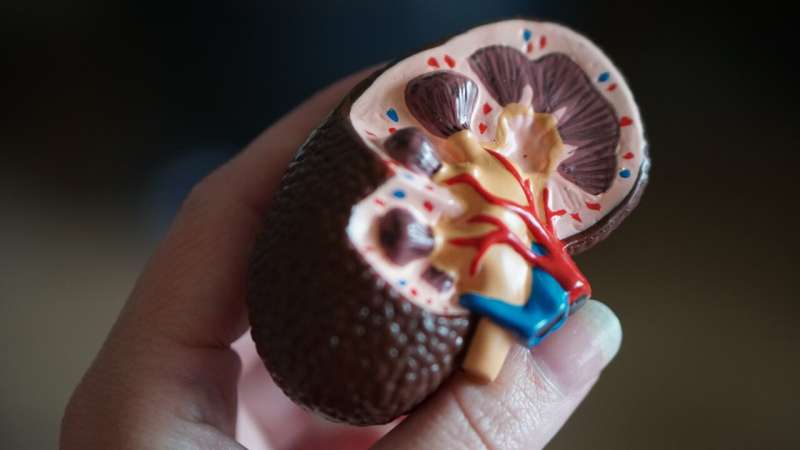How Biological Sex Influences Immune Responses and Disease Risks

Understanding how biological sex influences immune responses provides crucial insights into disease susceptibility and personalized medicine. Discover the latest research from La Jolla Institute on sex differences in immunity and disease risks.
Differences in biological sex significantly impact how our immune system functions and the susceptibility to various diseases. For instance, conditions like asthma show sex-specific patterns: men tend to develop asthma earlier in life, whereas women are more prone to it as they age. Similarly, Parkinson's disease occurs more frequently in men, while women are at higher risk for Alzheimer's disease.
The divergence becomes even more pronounced with autoimmune diseases. Women are approximately two and a half times more likely than men to develop conditions such as multiple sclerosis, and nine times more likely to develop lupus. These disparities raise important questions about the underlying biological mechanisms—why are some diseases more common in one sex, and what makes certain tissues like the lungs and brain more susceptible?
Research led by scientists at the La Jolla Institute for Immunology (LJI) aims to uncover the genetic, hormonal, and environmental factors contributing to these differences. A recent review titled "Sex differences in tissue-specific immunity and immunology" by LJI experts Erica Ollmann Saphire, Ph.D., and Sonia Sharma, Ph.D., discusses how sex chromosomes, sex hormones like estrogen and testosterone, and environmental exposures shape immune responses.
Biologically, sex is defined by the presence of XX chromosomes in females and XY in males. The X chromosome contains numerous immune-related genes, with women possessing two copies, effectively providing a broader palette for immune responses. Hormones such as estrogen and testosterone influence how immune cells behave, turning specific genes on or off and modulating immune activity differently in males and females.
Female cells exhibit a mosaic of immune cell behaviors across different tissues due to the variable activation of X chromosomes. This diversity enhances the ability to combat infectious agents—explaining why women generally fight off pathogens like SARS-CoV-2 more effectively. However, this same genetic setup can predispose women to autoimmune disorders, as the presence of extra copies of immune genes increases disease risk.
Understanding these sex-based differences in immunity is crucial for advancing personalized medicine, especially in fields like cancer immunotherapy. Recognizing how individual immune systems vary by sex can inform tailored treatment strategies, improving outcomes.
Environmental factors, including diet, chemical exposures, and microbiome composition, also play a role in modulating immune responses across sexes. Ongoing research aims to decipher how these elements interact with genetic and hormonal influences, paving the way for more effective, personalized approaches to healthcare.
This emerging body of research underscores the importance of considering biological sex in disease prevention, diagnosis, and treatment strategies, ultimately benefiting patient care across a wide spectrum of diseases.
Stay Updated with Mia's Feed
Get the latest health & wellness insights delivered straight to your inbox.
Related Articles
The Need for Standardized Guidelines in Dialysis Initiation During Pregnancy
A recent study calls for standardized guidelines for initiating dialysis during pregnancy to improve maternal and fetal outcomes in women with advanced CKD.



